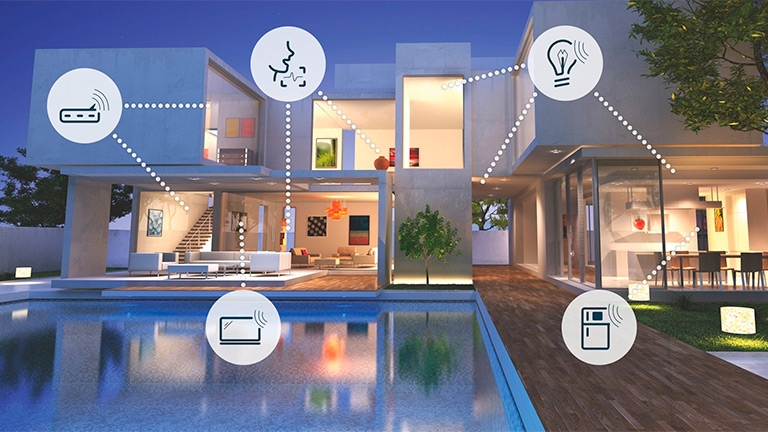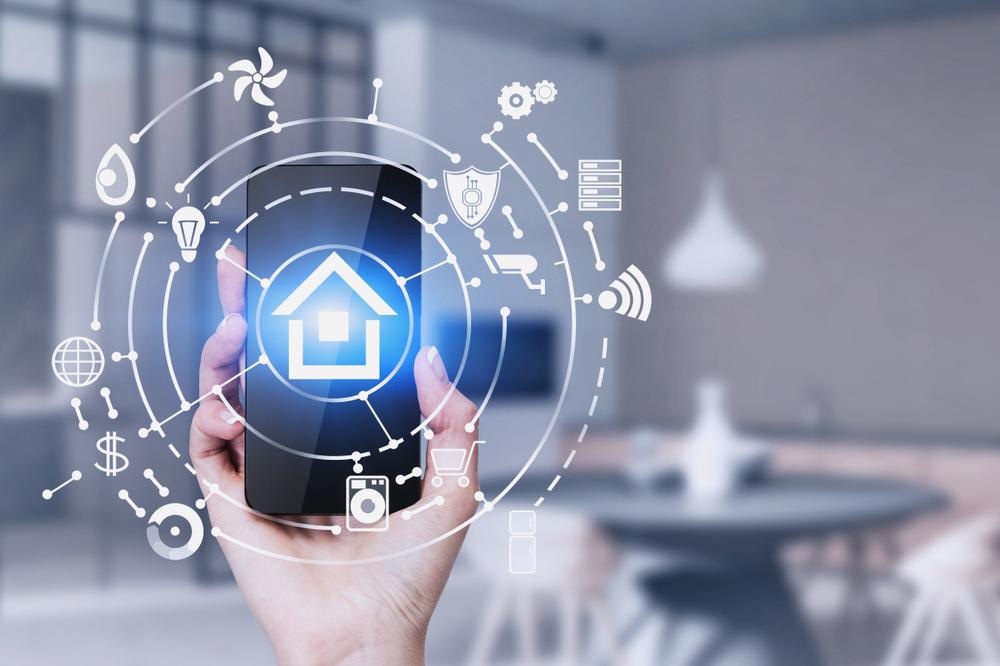In today's world, where technology is intertwined with every aspect of our lives, smart water meters are emerging as a significant advancement in both residential and commercial settings. As concerns over water conservation and management intensify, these meters offer an innovative solution for homeowners and businesses alike. By providing real-time data and insights into water usage, they empower users to make informed decisions that can lead to considerable savings and efficiency. But what exactly are these devices, and how do they function?

The Mechanics of Smart Water Meters
Smart water meters are designed to measure water flow with a high level of precision. Unlike traditional meters, which require manual readings, smart meters automatically send usage data to service providers via wireless communication. This ensures accurate billing and provides detailed reports on consumption patterns. By leveraging technology such as the Internet of Things (IoT), these meters offer a seamless and intelligent way to manage water resources.
Benefits for Homeowners
For homeowners, the installation of smart water meters brings a multitude of benefits. Not only does it eliminate the inconvenience of estimated billing, but it also alerts users to potential leaks or unusual usage patterns that could indicate a problem. By being proactive, homeowners can address issues before they escalate, saving both water and money. Furthermore, these meters can contribute to environmental conservation efforts by encouraging more mindful water usage.
Advantages for Businesses
Businesses stand to gain significantly from adopting smart water meters. These devices provide comprehensive data analytics that can help organizations optimize their water usage, leading to reduced operational costs. For industries where water is a critical resource, such as agriculture or manufacturing, the ability to monitor and adjust consumption can result in enhanced efficiency and sustainability. Additionally, businesses can utilize this data to meet regulatory standards and bolster their reputation as environmentally responsible entities.
Integrating Smart Technology in Everyday Life
The integration of smart water meters is part of a broader trend towards smart homes and businesses. For those interested in exploring similar technologies, articles on smart refrigerators and smart bed and sleep trackers can provide additional insights into how IoT is transforming modern living. This shift not only enhances convenience but also promotes a more sustainable lifestyle.
Challenges and Considerations
Despite their numerous advantages, the adoption of smart water meters is not without challenges. Concerns about data privacy and security are paramount, as these devices collect and transmit personal consumption data. It is crucial for manufacturers and service providers to implement robust security measures to protect user information. Additionally, the initial investment in smart meters can be a deterrent for some, although the long-term savings often justify the cost.
Future of Water Management
Looking ahead, the future of water management seems promising with the widespread adoption of smart water meters. As technology continues to evolve, these devices will become more sophisticated, offering even greater insights and control. For those considering making the switch, resources such as the Smart Home Guide from Eufy provide valuable information on how to integrate smart solutions seamlessly into your home or business.
Conclusion
In conclusion, smart water meters represent a significant step forward in water management for both homeowners and businesses. By providing real-time data and insights, these devices empower users to make informed decisions that can lead to substantial savings and environmental benefits. As we continue to seek ways to conserve resources and reduce our ecological footprint, embracing smart technology in water management is not just a choiceit's a necessity.

FAQs
1. How do smart water meters differ from traditional meters?
Smart water meters offer real-time data and wireless communication, eliminating the need for manual readings and providing more precise billing and usage insights.
2. What are the cost implications of installing smart water meters?
While the initial investment might be higher, the long-term savings on water bills and maintenance costs often outweigh the upfront expenses.
3. Are smart water meters secure?
Yes, manufacturers implement robust security measures to protect user data, although users should remain informed about privacy practices and updates.

